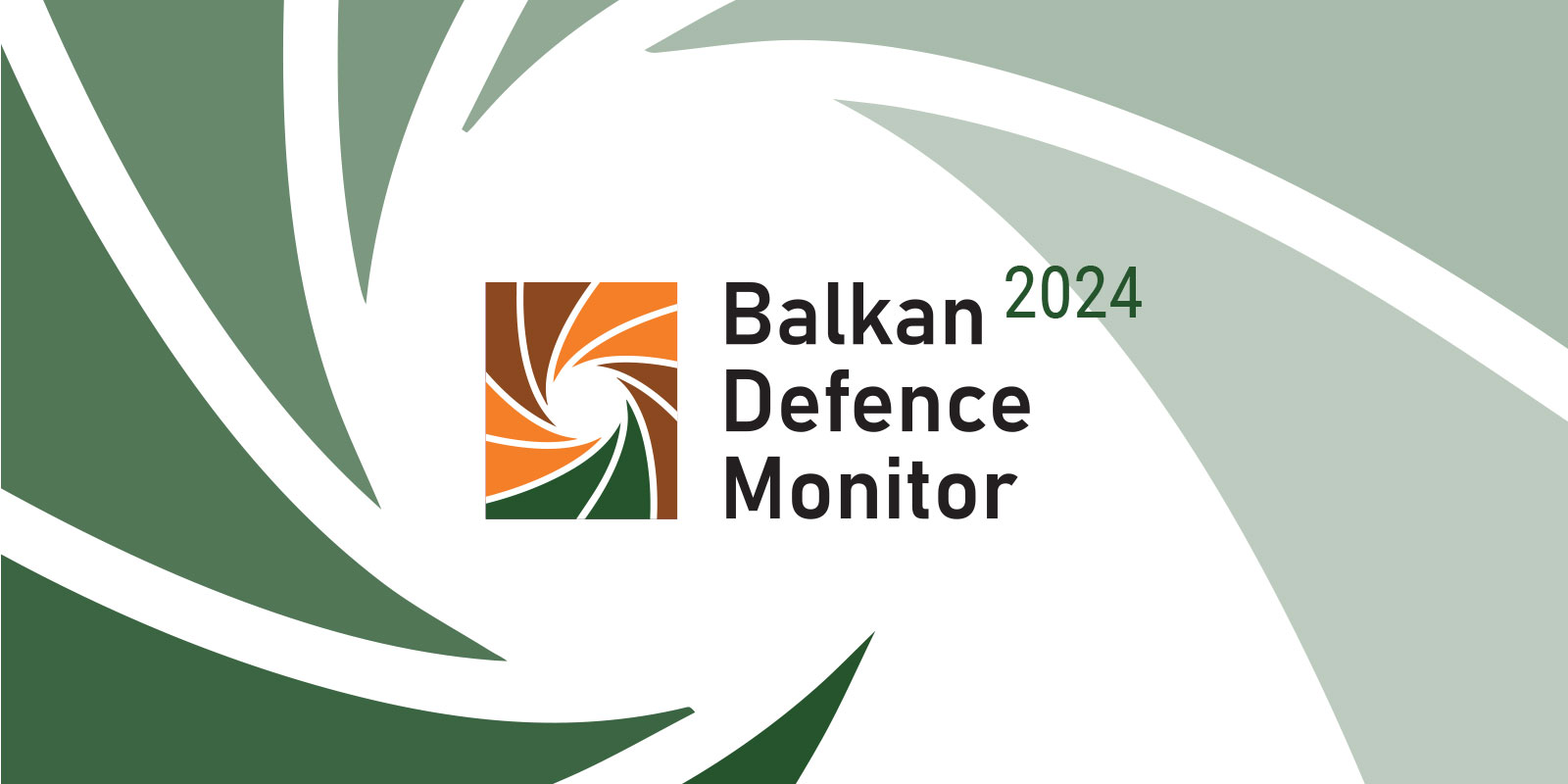PUBLICATION: Analysis
The (un)desirable partner – analysis of the narrative on civil society as a tool to capture the state
This paper analyses the official narratives on the civil society in Serbia in relation to them as a vehicle to the state capturing process.
As stakeholders with corrective function in a state which holds itself democratic, civil society organizations and activists indicate the threats borne by captured state. Precisely for this, the way of the government’s and public institutions’ way of communicating towards the civil society has been identified as an important element to analyse – on the one hand, due to the government’s need for legitimacy on the international scale, there are so-called “positive narratives” about civil society as a guarantor of the rule of law and democracy in the country, and, on the other hand, “negative narratives” about civil society articulated through attacks and pressure exerted on the civil society, demonstrated by unfounded statements in form of discreditation of any criticism. Both “positive” and “negative” narratives have a direct impact on the relations between the civil society and institutions in Serbia, and the indirect consequences of the relations thus fashioned on the state capturing process could also be analysed.
Similar to the cases of the narratives about the COVID-19 pandemic, the narratives about civil society are marked by dichotomy and mutual exclusion. While the discourse on the most important civil society stakeholders as “traitors and foreign mercenaries” prevails on the one hand, the government readily voices its readiness to cooperate with civil society on the other, flagging its importance in the European integration process first and foremost, as well in strengthening the rule of law in the country. Such conflicting narratives depict the manner of rule employed by the current political elite, revealing the sources of its legitimacy. On the one hand, the government is trying, through the positive narratives about the civil society, with its incontestable values relevant for the state, to build its legitimacy in the eyes of a part of the international community (notably, the European Union and the United States of America), whose support is necessary for realizing the government’s particular and national interests. On the other hand though, with the narrative about foreign mercenaries and traitors, the government is trying to erode the legitimacy of civil society’s activities, undermining its credibility and thus continuing the state capturing process, or at least maintaining the status quo.
As a consequence of such narratives, the examples of which shall be provided in this paper below, the position of civil society and its relation with the institutions can be defined. Namely, the non-transparency of state institutions, their arbitrariness in work and cooperation with civil society, creates a relation of inequity, with CSOs and other stakeholders unable to perform their function. The institutions impervious to petitions, civic initiatives and actions marginalises the position of civil society, whilst the processes of activist targeting, primarily at the local level, demotivates the citizens to get more actively involved with the problems in the community.
This publication was produced with the financial support of National Endowment for Democracy (NED). Responsibility for the content of this publication belongs solely to Belgrade Centre for Security Policy.
DETAILS
AUTHORS
SHARE
PDF PREVIEW
RELATED

Date: 26.03.2025.
Author: Isidora Stakić |
Human rights defenders are people who act, individually or jointly, to advance human rights and fundamental freedoms and fight for their protection at the local, national and international levels.

Date: 13.06.2024.
Author: Jelena Pejić Nikić | Predrag Petrović |
There are many findings of domestic and foreign research organisations that unequivocally indicate that Serbia is a captured state, with a hybrid political regime. Security institutions play a major role in the capture of the state and the collapse of democracy in Serbia, as well as in preserving the situation the way it is.

Date: 27.02.2024.
Author: Belgrade Centre for Security Policy |
We present you the new Balkan Defence Monitor - independent and comprehensive source of information regarding defence topics in the region.



